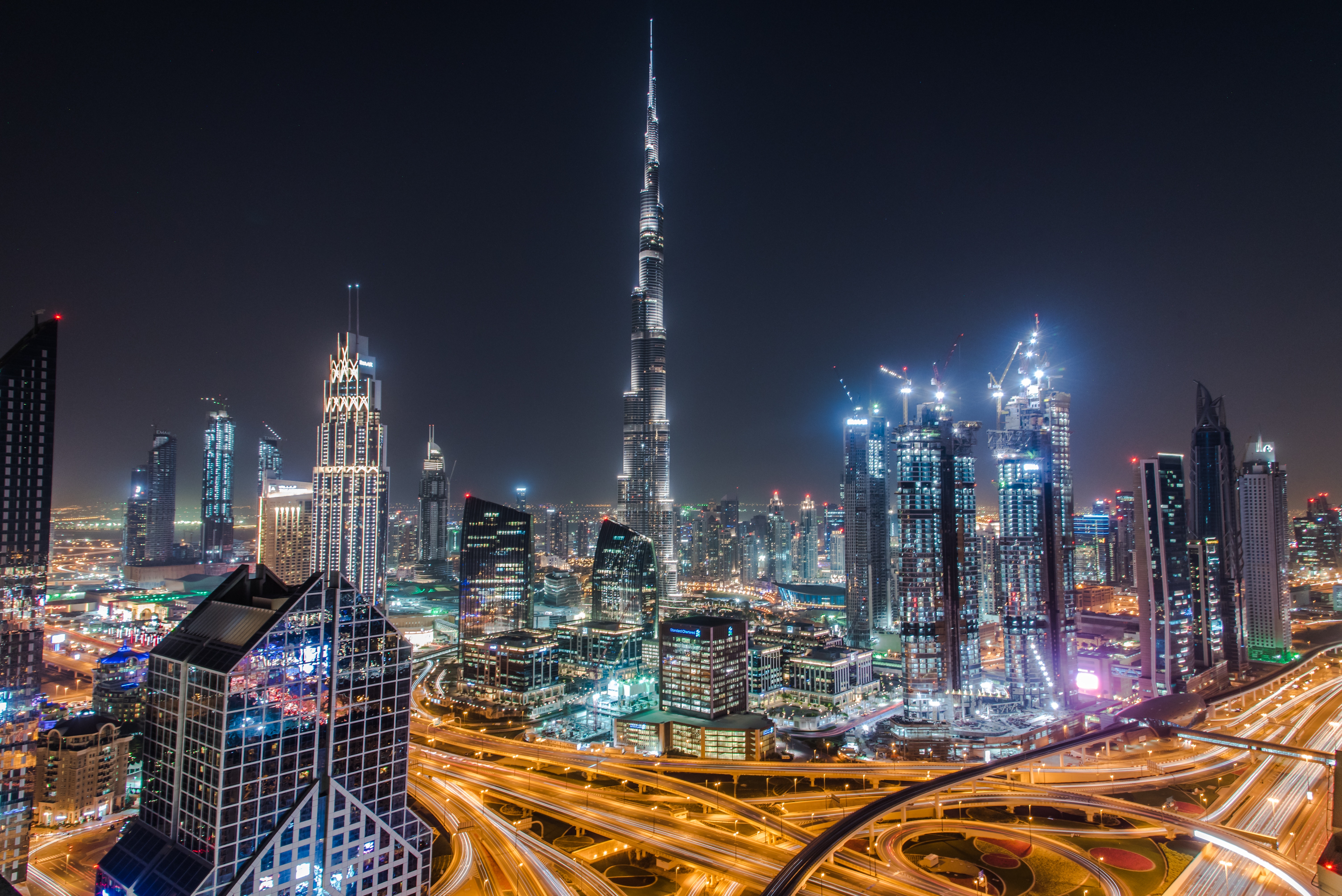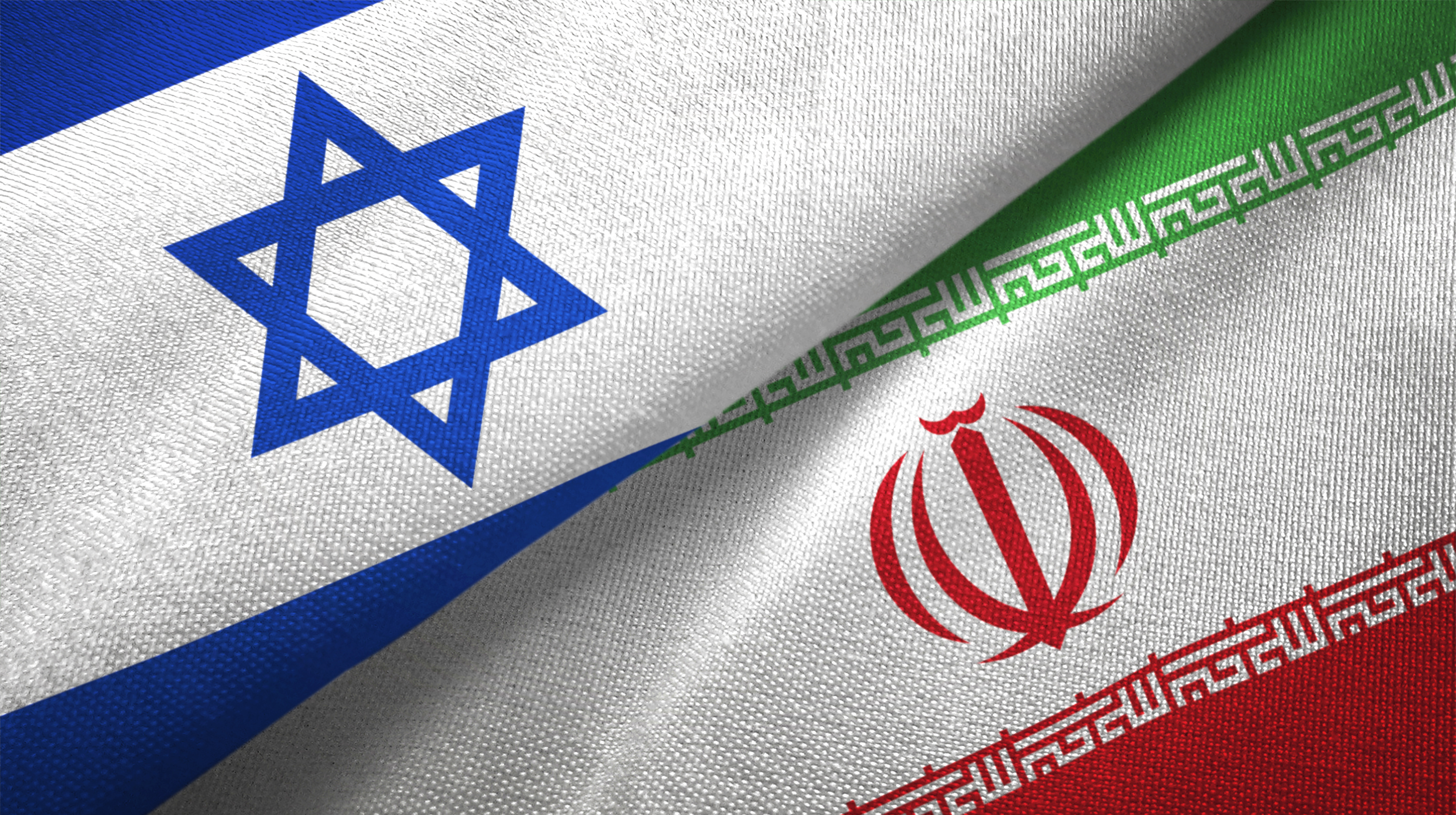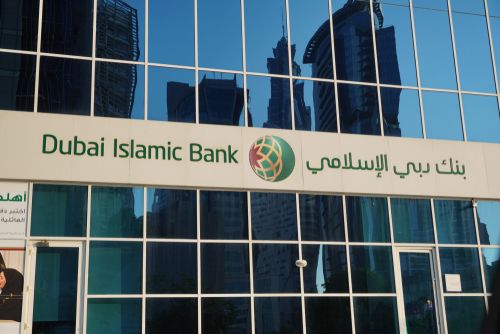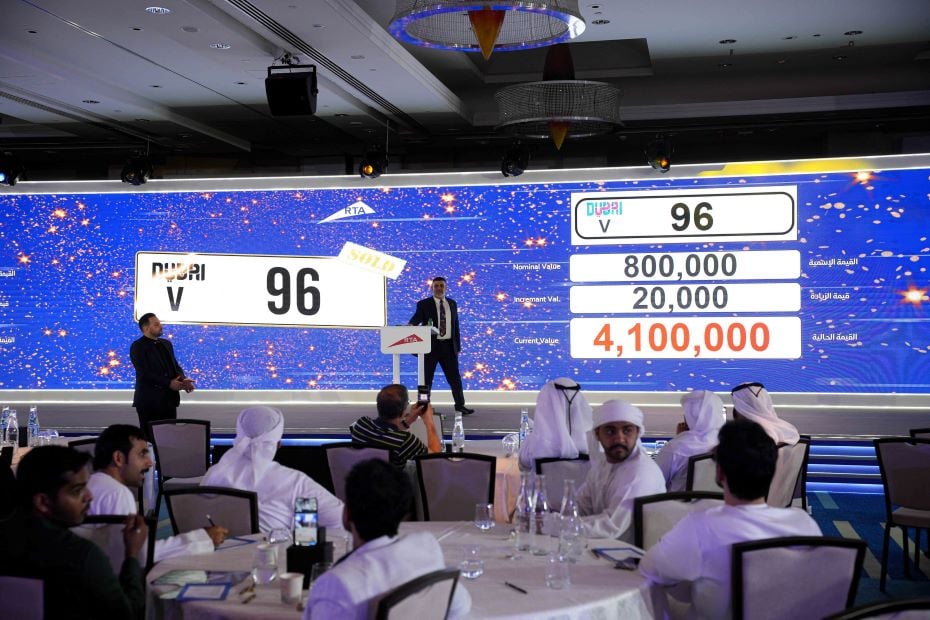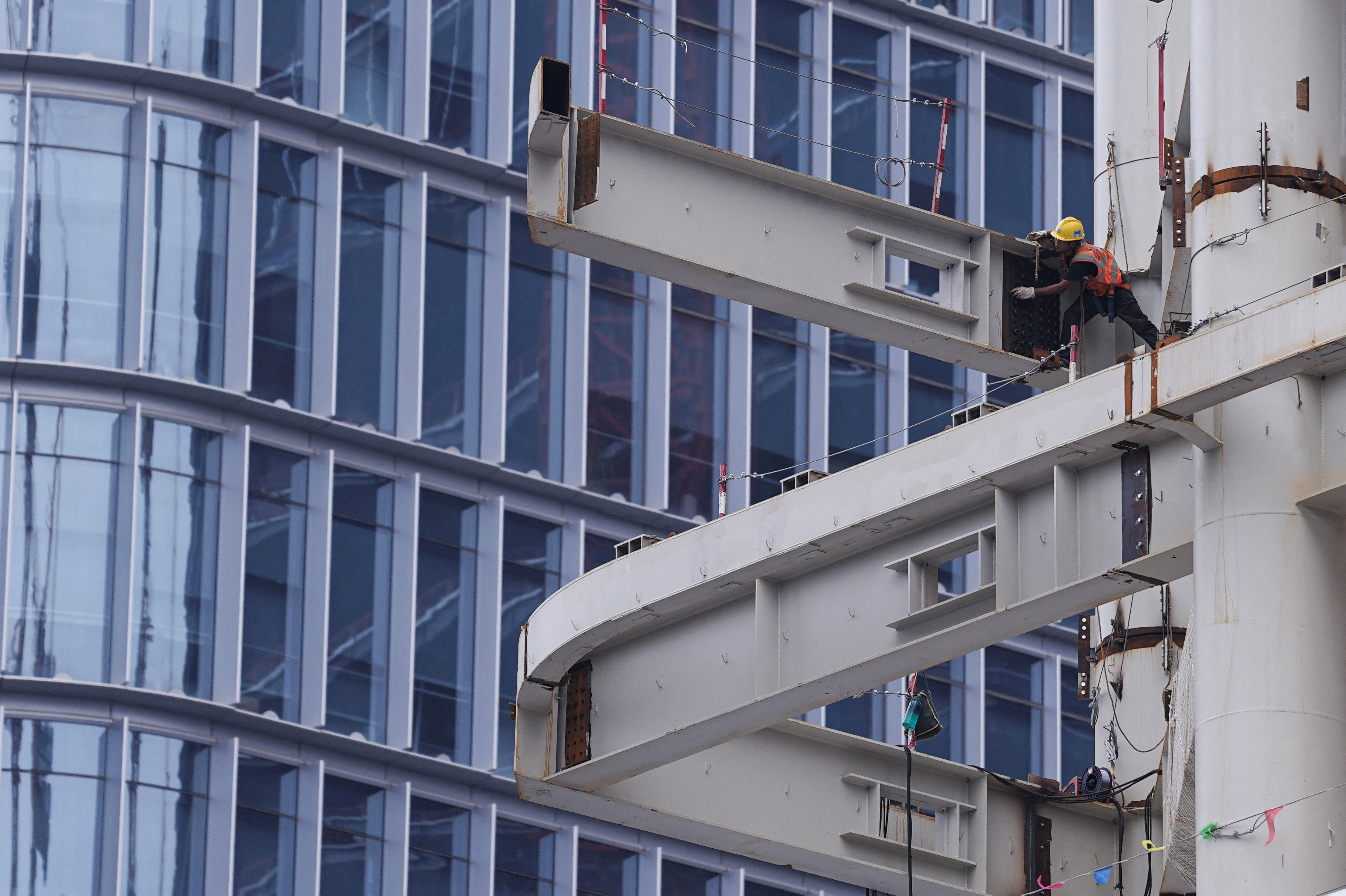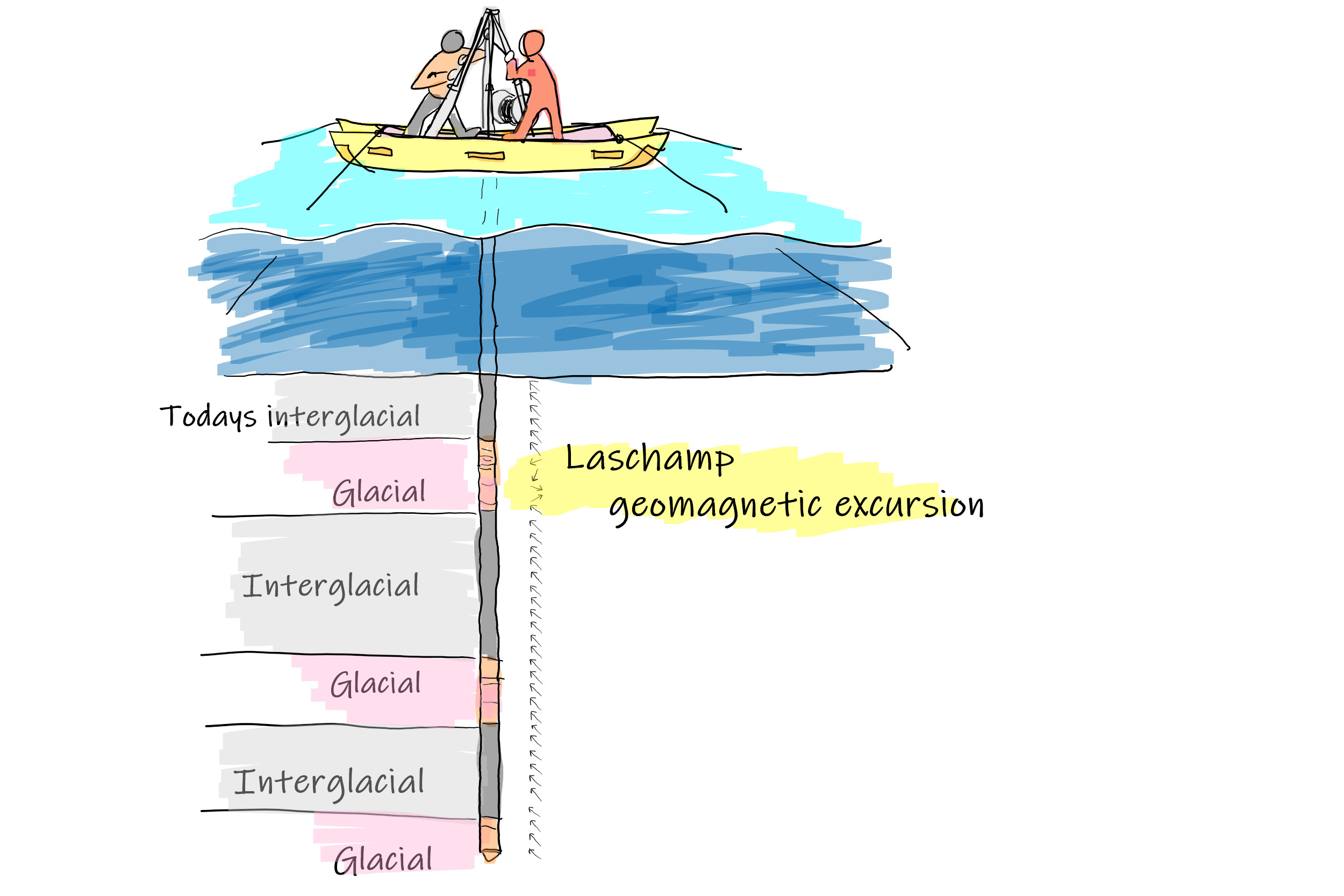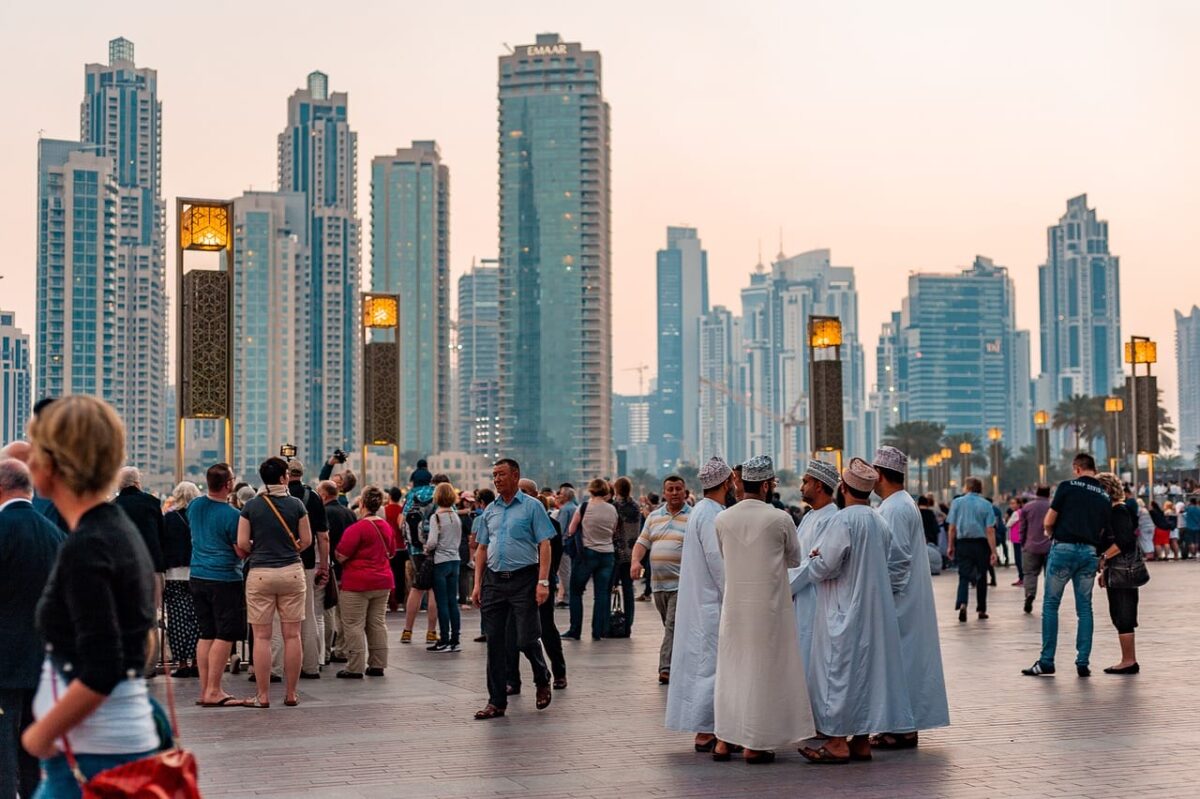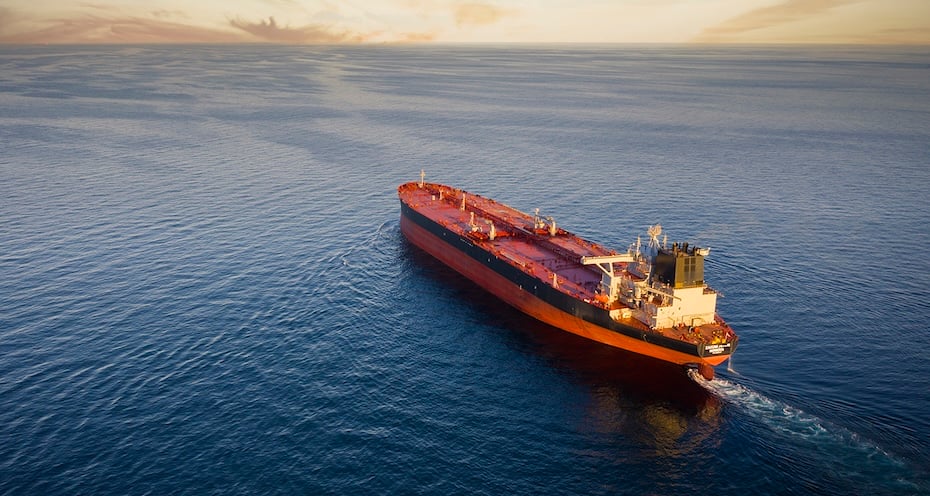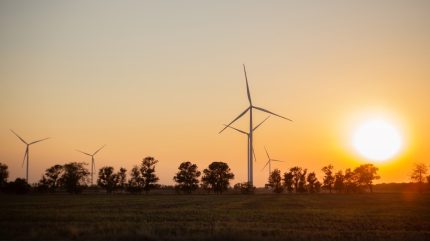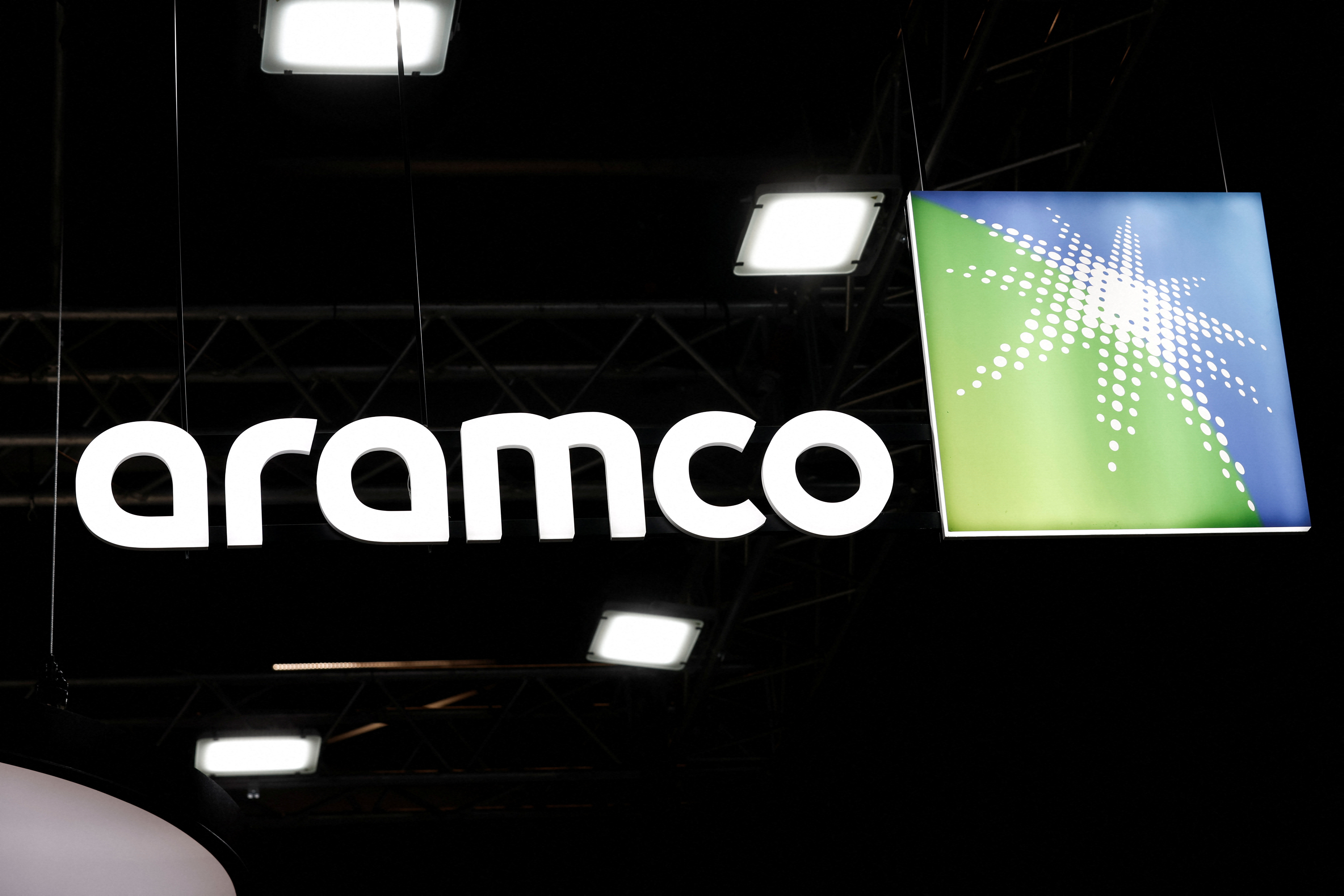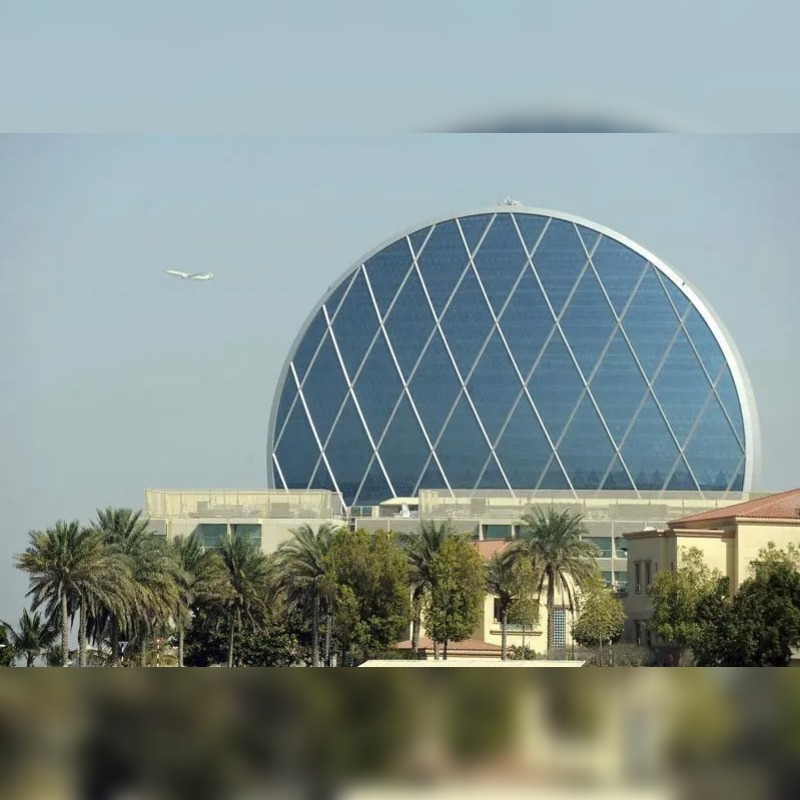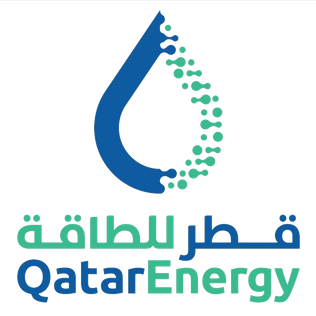UAE’s e& and Amazon Web Services Form Landmark Partnership

A strategic partnership between UAE-based telecommunications giant e& (formerly known as Etisalat Group) and Amazon Web Services (AWS) has been established, valued at $1 billion. This collaboration aims to enhance the digital transformation landscape across the Middle East, enabling organizations to leverage advanced cloud technologies. The agreement signifies a substantial investment in the region’s technological infrastructure, reflecting both companies’ commitment to supporting the UAE’s vision of becoming a global technology hub.
The partnership will focus on providing cloud-based solutions, particularly in areas such as artificial intelligence, machine learning, and data analytics. e& intends to leverage AWS’s extensive capabilities to accelerate its digital service offerings, allowing businesses in the region to improve operational efficiencies and innovate at a faster pace. This move aligns with the UAE’s broader initiative to bolster its digital economy and promote the adoption of advanced technologies across various sectors.
Ahmed Julfar, Group Chief Executive Officer of e&, expressed enthusiasm for the partnership, stating that it underscores their commitment to enhancing customer experiences and enabling businesses to thrive in an increasingly competitive landscape. He emphasized that the alliance with AWS will empower enterprises to utilize cutting-edge technologies, ultimately transforming the region’s business ecosystem.
AWS, a leading global cloud services provider, has been rapidly expanding its footprint in the Middle East. The company views this partnership as an opportunity to deepen its engagement in the region while contributing to the UAE’s digital ambitions. The collaboration is expected to create job opportunities and stimulate economic growth, particularly in sectors poised for digital transformation, such as healthcare, education, and financial services.
The partnership follows a series of strategic investments by AWS in the Middle East, including the establishment of multiple data centers in the UAE. This infrastructure is crucial for providing local customers with faster access to cloud services while ensuring compliance with regional data regulations. The UAE government has been proactive in creating an enabling environment for digital innovation, evidenced by initiatives such as the UAE National Strategy for Artificial Intelligence, which aims to position the country as a global leader in AI by 2031.
Industry experts view this partnership as a significant milestone for both companies. Analysts highlight the importance of collaboration in the tech sector, especially in regions like the Middle East, where digital transformation is increasingly becoming a priority for governments and businesses alike. The partnership not only enhances e&’s service portfolio but also positions AWS as a pivotal player in driving cloud adoption across the region.
The announcement of this partnership coincides with a broader trend in the telecommunications sector, where traditional service providers are increasingly pivoting towards becoming technology companies. This shift is driven by the need to stay competitive in a market that is witnessing rapid changes due to advancements in digital technology. Telecom operators globally are recognizing the importance of diversifying their service offerings beyond traditional voice and data services to include cloud solutions, cybersecurity, and IoT services.
UAE’s e& has been at the forefront of this transformation, investing heavily in technology and innovation. The company has been expanding its portfolio to include various digital solutions, such as e-commerce, digital payments, and smart city initiatives. By partnering with AWS, e& aims to enhance its capabilities in cloud computing and provide customers with seamless access to a range of digital services.
Amazon Web Services, on its part, has been aggressively investing in the Middle East, signaling its commitment to supporting the region’s digital transformation journey. The company has made significant investments in local infrastructure and has launched various initiatives aimed at nurturing local talent and fostering innovation within the tech community. This approach is aligned with the UAE’s vision of creating a knowledge-based economy and promoting a culture of innovation.
As the demand for cloud services continues to surge across the Middle East, this partnership is poised to play a pivotal role in shaping the future of technology in the region. Organizations are increasingly recognizing the importance of digital transformation as they seek to improve efficiency, enhance customer engagement, and drive innovation. The collaboration between e& and AWS is expected to facilitate this transition, providing businesses with the tools and resources needed to thrive in an increasingly digital world.





